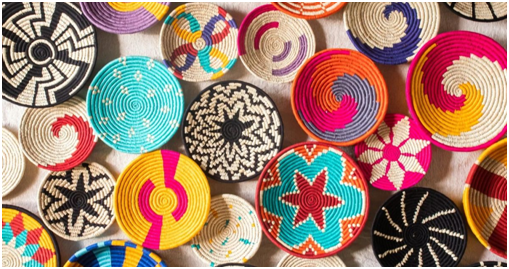
It also plans to take necessary
steps against a possible imposition of countervailing duty (CVD) — also known
as anti-subsidy duty — despite the existing ADD on these products in the Indian
market, they added.
The commerce ministry has
sought relevant information from various government agencies and private
entities, including the industries ministry, revenue board, private jute
millers and associations, by February 20. It has requested details on the
production capacity of mills and factories, the volume of raw jute produced, exports
and firms between 2010 and the present.
The ministry has
also requested information on the volume of jute goods exported from Bangladesh
to India.
Md Hafizur Rahman, a member of
the Bangladesh Competition Commission who led the Bangladesh delegation at the
meeting, earlier said there is no
provision in the World Trade Organization (WTO) or the existing Indian law to
impose anti-dumping and anti-subsidy duties simultaneously on the same product.
Mr Rahman, a former director
general of the WTO cell under the commerce ministry, said that Bangladesh does
not provide actionable subsidies for its jute products.
Jute goods exported from
Bangladesh have already faced significant anti-dumping duty since 2017.
This duty, ranging from $6.03
to $351.72 per tonne, was imposed based on allegations of dumping goods like
jute yarn, twine, jute sacking bags and hessian fabric.
According to commerce ministry
officials, Dhaka is currently pursuing diplomatic and political channels to persuade Delhi against imposing a countervailing
duty, highlighting the detrimental impact of the existing anti-dumping duty on
Bangladesh’s export earnings from India.
·
Tags : anti dumping, Bangladesh, Jute baskets, Jute exports